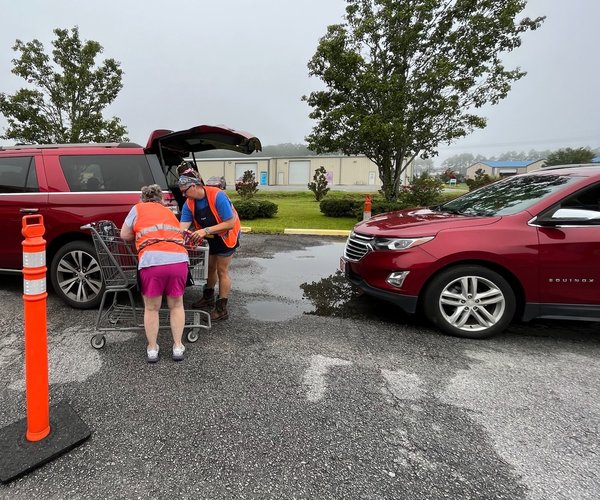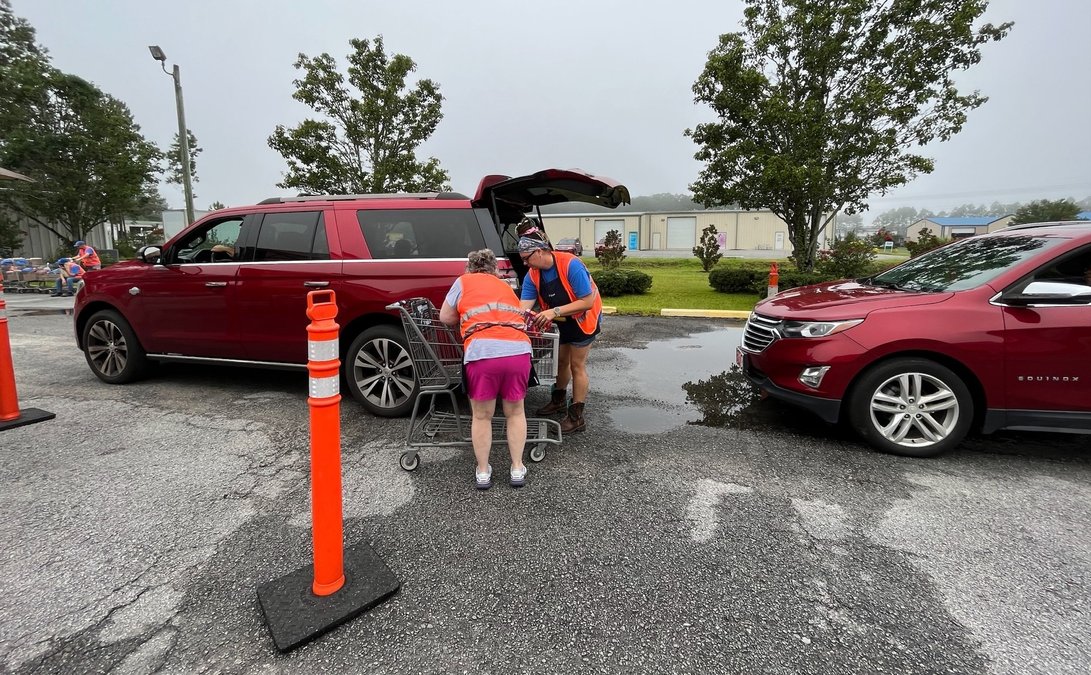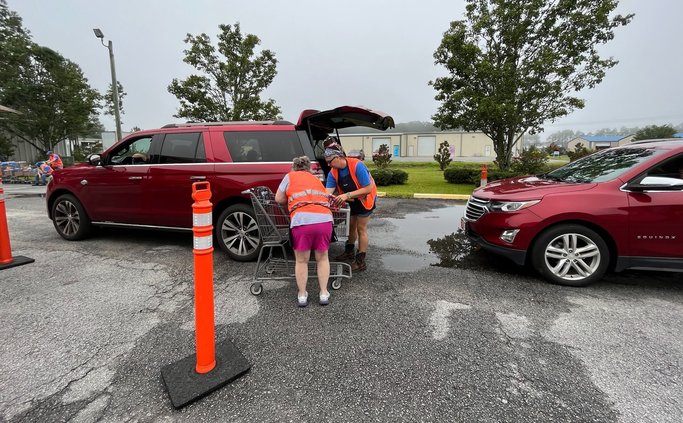SPRINGFIELD — Thursday’s public work session at the Effingham County Administrative Complex proved to be quite productive.
Cordial work session on county growth produces fruit
Moratorium on development discussed








